Description
Many products are not yet on the shelves. Please contact us for more products.
If the product model is inconsistent with the display picture, the model shall prevail. Please contact us for specific product pictures and we will arrange to take photos in the warehouse for confirmation.
We have 76 shared warehouses around the world, so sometimes it may take several hours to accurately return to you, please understand. Of course, we will respond to your concerns as soon as possible.
CP60 P0961FR Other names:
Processor module CP60 P0961FR
CP60 P0961FR communication module
Analog module CP60 P0961FR
CP60 P0961FR control processor module is a key component in the Foxboro I/A Series distributed control system (DCS), designed for industrial automation and process control. As a control processor, it is responsible for executing complex control logic, managing I/O modules, and communicating with other system components. The following is a detailed introduction to CP60 P0961FR:
Main features of CP60 P0961FR
High-performance control: Capable of handling complex control algorithms and a large number of I/O points, suitable for demanding industrial applications, supporting real-time data processing and fast control logic execution.
Modular design: Modular design is adopted for easy installation, maintenance and expansion, and can be seamlessly integrated with other Foxboro I/A Series components..jpg)
Communication capabilities: Supports multiple communication protocols, including Foxboro’s proprietary protocols and industry standard protocols (such as Modbus, OPC, etc.), provides high-speed communication interfaces, and ensures efficient data exchange with other system components.
Reliability and fault tolerance: Designed with high reliability, suitable for operation in harsh industrial environments, supports redundant configurations (such as dual processors, redundant power supplies, etc.) to improve system availability and fault tolerance.
Diagnosis and maintenance: Built-in diagnostic function, real-time monitoring of module status, rapid identification and troubleshooting, support hot-swap function, allowing modules to be replaced without shutting down the system, reducing downtime.
Environmental adaptability: Able to operate stably in a wide temperature range and high vibration environment, and meets industrial-grade anti-electromagnetic interference (EMI) and anti-electrical noise standards.
Application areas
CP60 P0961FR control processor module is widely used in the following industries:
Oil and gas
Power generation
Chemical processing
Pharmaceutical manufacturing
Water and wastewater treatment
Functions and roles
Control logic execution: Responsible for executing user-defined control strategies and logic, such as PID control, sequential control, etc.
I/O management: Manage data exchange with connected I/O modules, including analog, digital and special signals.
Communication and integration: Communicate with other Foxboro I/A Series components (such as workstations, servers, network devices) to achieve data sharing and system integration.
Redundancy support: In a redundant configuration, CP60 P0961FR can run as a main processor or a backup processor to ensure high availability of the system.
Technical Specifications
Processor Type: High-performance industrial-grade processor
Communication Interface: Supports multiple communication protocols and interfaces (such as Ethernet, serial communication, etc.)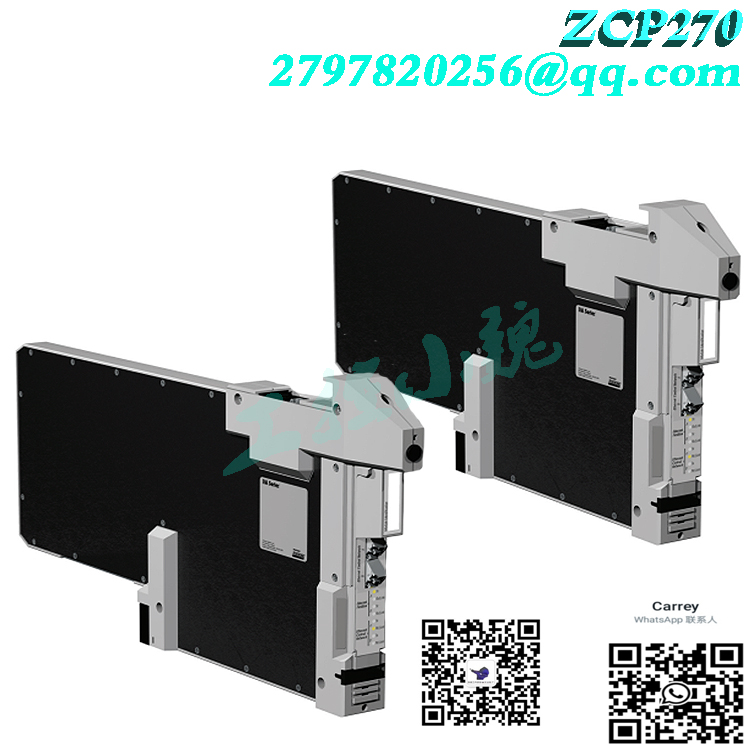
Power Requirements: Supports redundant power input
Operating Temperature: Typically -20°C to 60°C (Specific information is subject to the product manual)
Installation: Can be installed in a standard rack or control cabinet
Maintenance and Troubleshooting
Common Problems:
Communication Failure: Check the communication line and interface configuration.
Processor Failure: Check the power supply and redundant configuration, and replace the module if necessary.
I/O Data Abnormality: Check the connected I/O modules and signal lines.
Diagnostic Tools: Use the diagnostic tools of Foxboro I/A Series (such as Control Core Services) to monitor the module status.
Replacement Steps:
Make sure the system is in a safe state.
Replace the module using the hot-swap function, reconfigure and test.
Typical troubleshooting
Communication interruption: Check IP address conflict, loose network cable/connector, confirm switch port configuration (VLAN, rate/duplex mode).
Program crash: Check memory leak or variable conflict (monitored by debugging tool), whether the firmware version is too old (need to upgrade to the latest patch).
I/O abnormality: Test sensor power supply and signal line interference (such as shield grounding), check module channel configuration (such as current/voltage input mode).
Summary
CP60 P0961FR control processor module is one of the core components of Foxboro I/A Series DCS, which is widely used in industrial automation for its high performance, reliability and flexibility. Its modular design and redundant support make it an ideal choice for critical process control systems.
All products on this website are special products, and market prices have been fluctuating.
Specific quotation is subject to customer service, because the product is new, the price is not real,
Please confirm the model and product, price and other details with customer service before placing an order, the website has been used,
New ones are on sale, please contact customer service for communication.
Model recommendation:
FOXBORO 43AP-PA42C-PB-PF
FBM217 FOXBORO
FBI10E FOXBORO
FBM04 FOXBORO
METSO AI card D201925
A-B Input output module 836T-T254J
KONGSBERG C3-GP-8100251-2604245A
SHINKO MOC-6025C-10A CONVERTER MODULE
SPEICH GENOVA CJB220-25703-VER2 BOX PANEL
GE VMIVME-5565-010000
INGERSOLLRAND INTELLISYS SSR-15-100 HP-39817655
FCP280 FOXBORO
FCP270 P0917YZ FOXBORO
FCP280 RH924YA FOXBORO
FOXBORO H92904CC0500
FOXBORO H929049B0500
FBI10E FOXBORO
FBM02 FOXBORO
FBM03 FOXBORO
FBM04 FOXBORO
FBM05 FOXBORO
FBM07 FOXBORO
FBM09 FOXBORO
FBM10 FOXBORO
FBM12 FOXBORO
FBM18 FOXBORO
FBM201 P0914SQ
FBM201D P0922YK
FBM201E P0924TR
FBM202 P0926EQ
FBM203 P0914SV
FBM204 P0914SY
FBM206 P0916CQ
FBM207 P0914TD
FBM207B FOXBORO
FBM207C RH917GY
FBM208 P0914TB
FBM211 FOXBORO
FBM214 FOXBORO
FBM214B P0927AH
FBM215 FOXBORO
FBM216 P0922VV
FBM216B P0927AJ
FBM218 P0922VW
FBM219 RH916RH
FBM223 P0917HD
More……


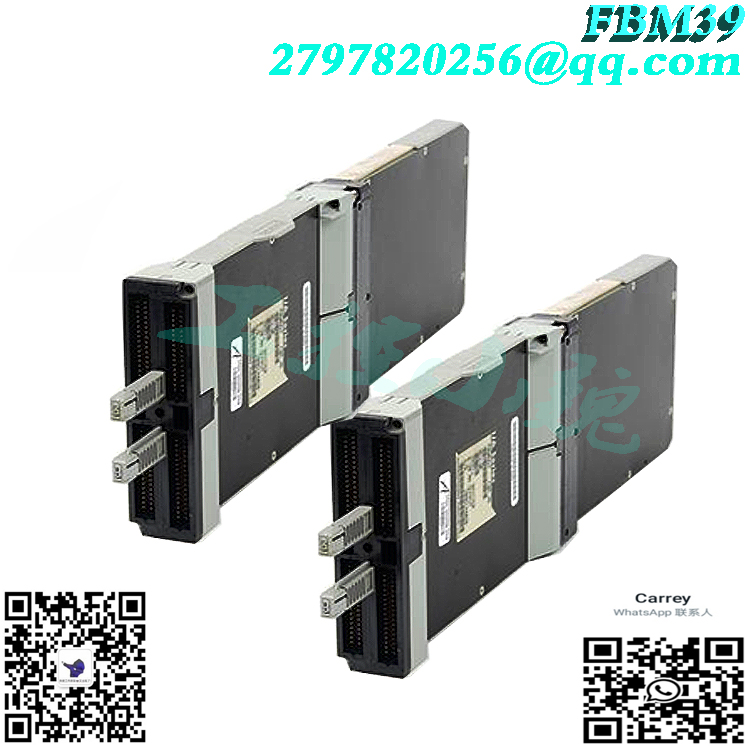
.jpg)
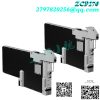
-100x100.jpg)
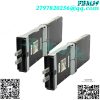
-100x100.jpg)
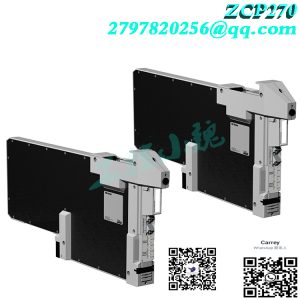
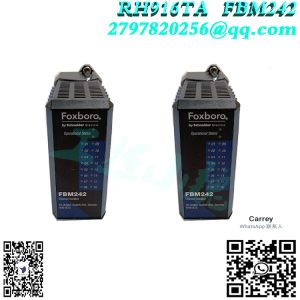
admin –
Typical troubleshooting
Communication interruption: Check IP address conflict, loose network cable/connector, confirm switch port configuration (VLAN, rate/duplex mode).
Program crash: Check memory leak or variable conflict (monitored by debugging tool), whether the firmware version is too old (need to upgrade to the latest patch).
I/O abnormality: Test sensor power supply and signal line interference (such as shield grounding), check module channel configuration (such as current/voltage input mode).